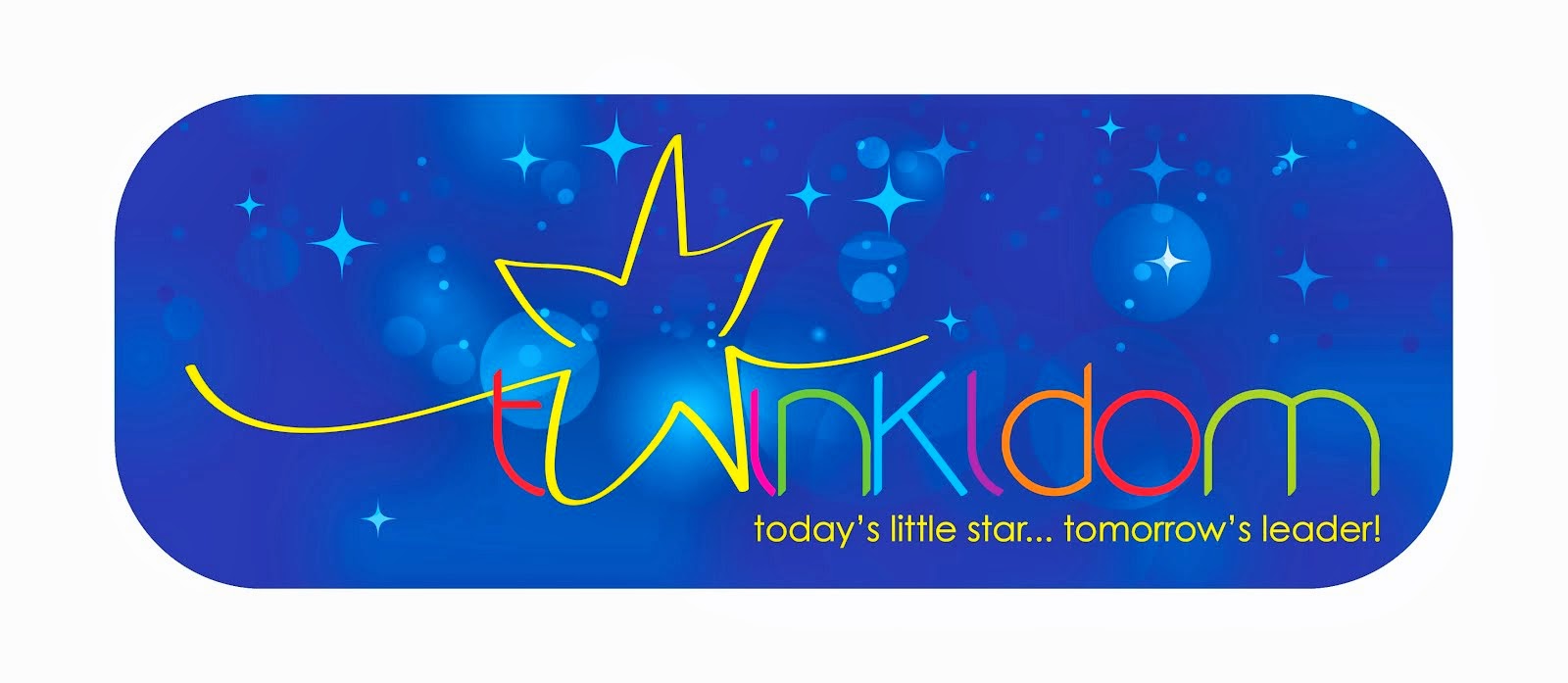Developing 'book interest' in a reluctant reader, is probably not as easy as developing the habit from the onset of a child's development but the good news is that-IT CAN BE DONE!Some of the tips mentioned in the previous article(PRACTICAL TIPS ON HOW TO GET YOUR CHILD INTERESTED IN BOOKS) would also be helpful in this situation. Undoubtedly, your involvement and consistence on this matter is vital.
Reluctance to read often comes when a child:
1)Has difficulty reading and therefore finds the process quite challenging
2)Simply has no interest and therefore finds reading/storytelling quite boring
If your child's situation is case 1, then you will need to engage their teacher on guidelines on how to help your child address the areas that he/she is finding difficulty in. It could be they did not master some skills necessary for reading, earlier on in their development. It would then just be a matter of revisiting these areas, under the guidance of a professional.
If your child's situation is case 1, the following suggestions might be helpful:
1) Find out what interests your child (i.e. favourite toys/TV characters/sport or activity). Look for books along these areas of interest and be involved in the reading experience. As the interest kicks in, you can move on to other topics. Let these books be readily accessible to them (i.e.
on the bedside table, in the car, in their school bag...somewhere where they can easily see them and leisurely page through them)
2) Involve them in the selection process whenever you shop for books or borrow books from the library. You may not be keen on the subjects that attract them, or you may think the book is below or above their level...but if they are really keen on it...then indulge them-and help them where necessary, in the reading of the book. What you want, primarily, is to build interest.
3) Make the reading experience enjoyable and fun! If they can read for themselves, give them sizable targets to reach(ie 10 pages a day) after which they can give you feedback on what they have read, either in writing or verbally. What did they enjoy in the story? Who's their favourite character? What didn't they like?
Likewise, if your child isn't reading for themselves yet, YOU make the story time interesting, fun and interactive. If you need to prepare or practice a bit before story time, do so! It will help to build your child's enthusiasm for story time and consequently- books!
4) LISTEN to your child's stories, whenever they are in a storytelling mood. Storytelling goes hand in hand with reading. As they develop the art of storytelling, they are developing their imagination and creativity. Probe deeper, ask questions, give suggestions to help build the story. You will find that as they become more enthusiastic about telling stories, their enthusiasm for reading or listening to stories will also increase
5) Reward, celebrate and applaud PROGRESS(minor and major)! It could be just a thoughtful observation made or question asked during story time OR remembering the name of a character during question time OR managing to read the stipulated number pages for the day OR even just flipping through a book on the ride back home from school! An encouraged child is a motivated child. The more motivated they are, the more likely they'll want to keep impressing you...THE BIGGER THEIR APPETITE FOR BOOKS WILL GROW!
If you are facing challenges in this area with your child, what do you think you could apply from what we have discussed that might help your child? If you have found a way around this issue, what methods have you employed to grow your child's appetite for books? What do YOU think might be the reason for your child's lack of interest in books?



